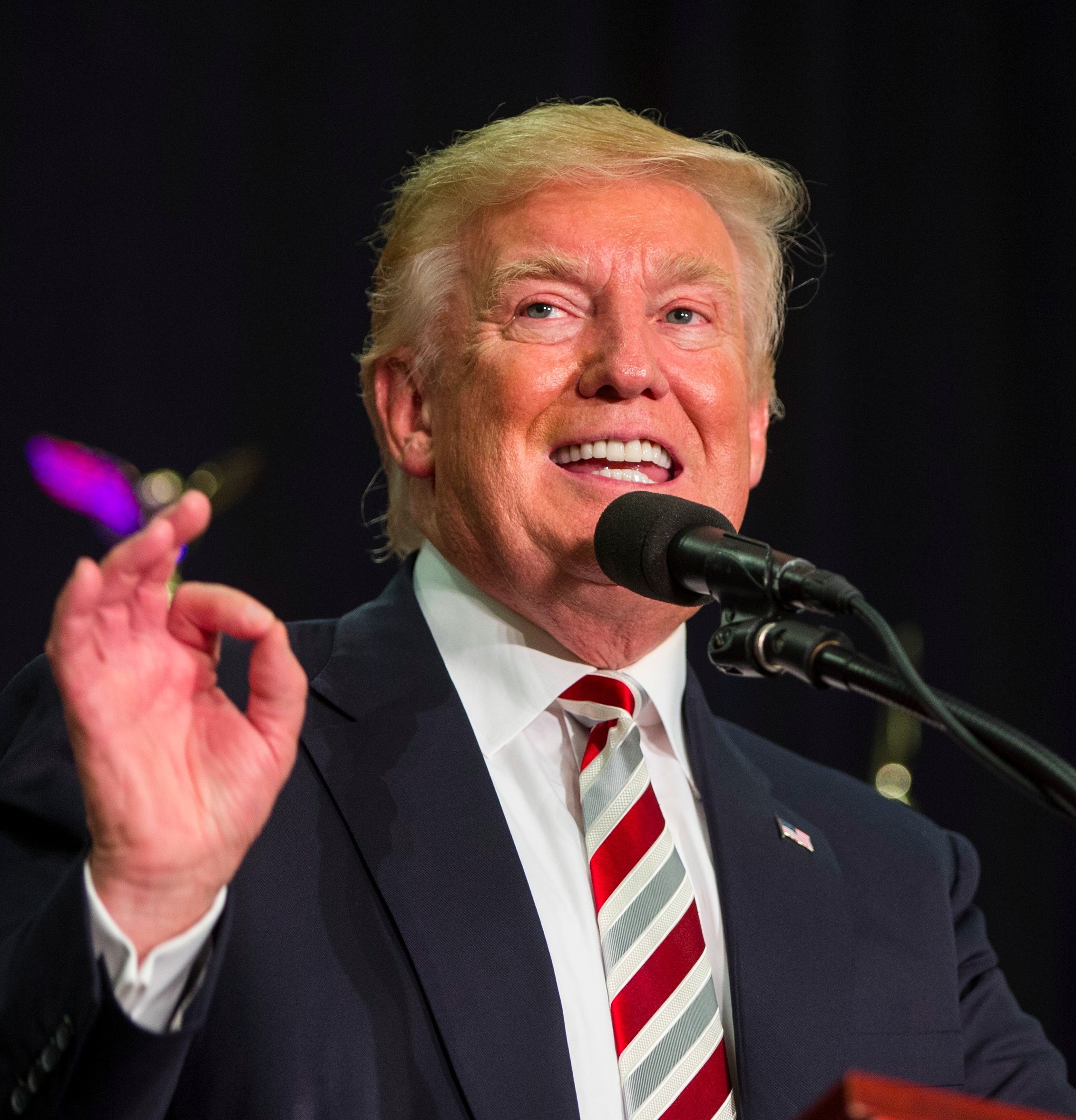A new campaign tactic? Trump says sorry for controversial comments
In a highly uncharacteristic move aimed at resetting his struggling campaign, Donald Trump has said for the first time that he regrets some of the caustic comments he’s made that may have caused people pain. “Sometimes in the heat of debate and speaking on a multitude of issues, you don’t choose the right words or you say the wrong thing. I have done that,” the Republican nominee, reading from prepared text, said at a rally in Charlotte, North Carolina. Trump didn’t specify what comments he was referring to, but he added that, “Too much is at stake for us to be consumed with these issues.” It was a rare admission for a man who has said that he prefers “not to regret anything” and it underscores the dire situation he finds himself in. With just 80 days left until the election, Trump is trailing Democratic rival Hillary Clinton in preference polls of most key battleground states. At the same time, party leaders have conceded they may divert resources away from the presidential contest in favor of vulnerable Senate and House candidates if things don’t improve.
And believe it or not, I regret it — and I do regret it — particularly where it may have caused personal pain.
Donald Trump
The remarks came a day after Trump announced that he was overhauling his campaign operation, bringing in a new chief executive and appointing a new campaign manager. Rarely do presidential campaigns wait to advertise, or undergo such leadership tumult, at such a late stage of the general election. Yet Trump has struggled badly in recent weeks to offer voters a consistent message, overshadowing formal policy speeches with a steady stream of self-created controversies, including a public feud with an American Muslim family whose son was killed while serving in the US military in Iraq. Trump’s decision to tap Stephen Bannon, a combative conservative media executive, as his new campaign chief suggested to some that he might continue the divisive rhetoric that has angered minorities and alienated large swaths of the general election electorate. Instead, a new Trump emerged on Thursday: a less combative, more inclusive candidate who said he was running to be the “voice for every forgotten part of this country that has been waiting and hoping for a better future” and for those who “don’t hear anyone speaking for them.”

Trump sorry